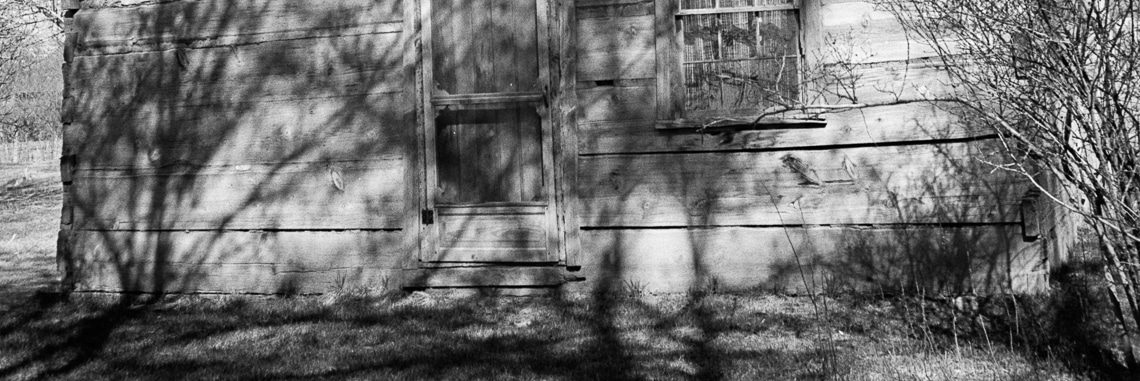
Scapegoating and the Cross
Opposing Evil without Becoming It
Tuesday, March 30, 2021
The mystery of the cross teaches us how to stand against hate without becoming hate, how to oppose evil without becoming evil ourselves. We find ourselves stretching in both directions—toward God’s goodness and also toward recognition of our own complicity in evil. In that moment, we will feel crucified. We hang in between, without resolution, our very life a paradox held in hope by God (see Romans 8:23–25).
Over the next three days, I share a few examples of women who have understood the mystery of the cross in a personal and embodied way. They have known great suffering; they have been victims of oppression and cruelty and yet they sought to respond consciously, not reactively. Today, I offer a journal entry from Etty Hillesum (1914–1943), a young Jewish woman who was killed at Auschwitz. In her diary, she recreates a conversation with her friend, writer Klaas Smelik, about the hatred and bullying she saw within her own community:
Klaas, all I really wanted to say is this: we have so much work to do on ourselves that we shouldn’t even be thinking of hating our so-called enemies. We are hurtful enough to one another as it is. And I don’t really know what I mean when I say that there are bullies and bad characters among our own people, for no one is really “bad” deep down. I should have liked to reach out to that [bully] with all his fears, I should have liked to trace the source of his panic, to drive him ever deeper into himself, that is the only thing we can do, Klaas, in times like these.
And you, Klaas, give a tired and despondent wave and say, “But what you propose to do takes such a long time, and we don’t really have all that much time, do we?” And I reply, “What you want is something people have been trying to get for the last two thousand years, and for many more thousand years before that, in fact, ever since [humankind] has existed on earth.” “And what do you think the result has been, if I may ask?” you say.
And I repeat with the same old passion, although I am gradually beginning to think that I am being tiresome, “It is the only thing we can do, Klaas, I see no alternative, each of us must turn inward and destroy in himself all that he thinks he ought to destroy in others. And remember that every atom of hate we add to this world makes it still more inhospitable.”
And you, Klaas, dogged old class fighter that you have always been, dismayed and astonished at the same time, say, “But that—that is nothing but Christianity!”
And I, amused by your confusion, retort quite coolly, “Yes, Christianity, and why ever not?” [1]
Richard again: It is a truth of the world’s major religions that the goal of God’s work—God by any name, I might add—is always healing reconciliation and not retributive justice, resurrection and not death.
References:
[1] Etty Hillesum, An Interrupted Life: The Diaries, 1941–1943; and, Letters from Westerbork, trans. Arnold J. Pomerans (Henry Holt and Company: 1996), 211‒212.
Adapted from Richard Rohr, Things Hidden: Scripture as Spirituality (Franciscan Media: 2008), 203‒204.
Story from Our Community:
When I was divorced from my husband of 32 years, I lost my marriage, my home, and my church. After enduring many years of rejection and hardship I came across Falling Upward. Since then I have been reading the daily meditations with Father Richard and the team. It restored my faith, changed my life, and helped me to heal from the deep hurt and scapegoating I encountered. I know I am profoundly loved by God. —Helen Y.

